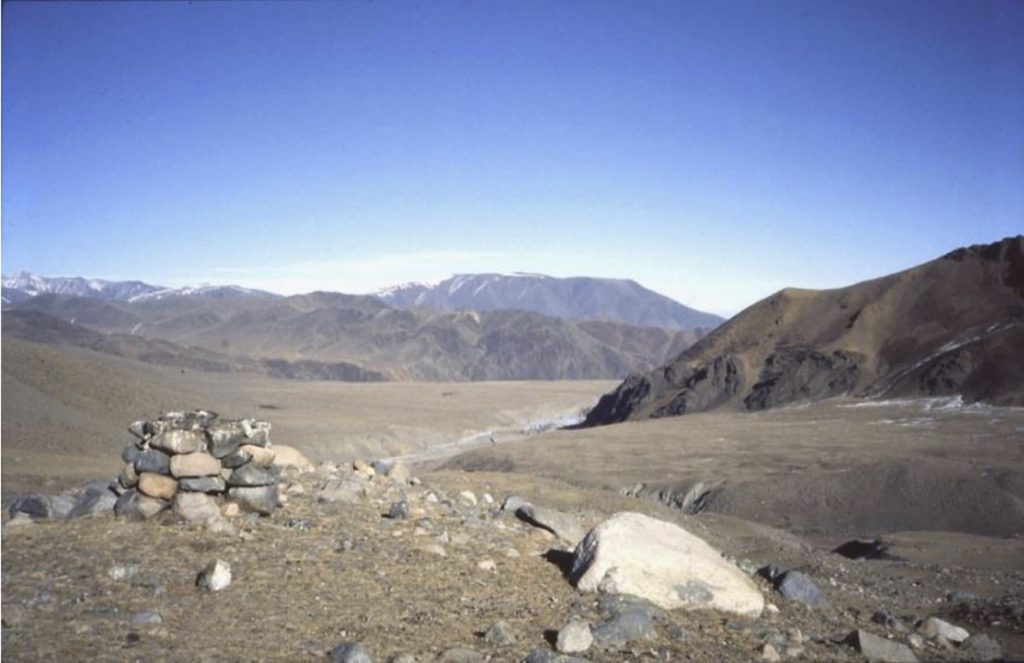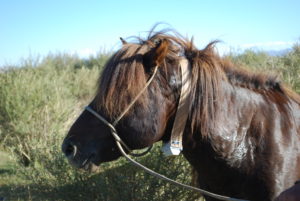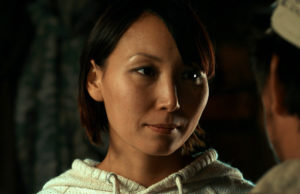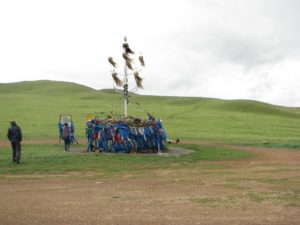Grégory Delaplace et Caroline Humphrey vous convient au colloque qu’ils organisent, “Distance and speed. Rethinking the imaginative potential of space and velocity in Inner Asia”, au musée du quai Branly :
7 & 8 mars 2019
de 9h30 à 18h30
dans la Salle de cinéma
This conference proposes to examine how distances and speeds of humans and non-humans are engaged together in Inner Asia. People whose ways of life depends on mobility, such as herders, hunters and traders, have their own means of estimating temporal – spatial processes and they have to operate by coordinating their own velocities with those of others. Their imagination does not stop at the practical and observable, but constantly reaches out to conceive of other potential velocities. Changing technologies, from railways to satellite dishes to mobile phones, insert new speeds and spatialities; but how these innovations relate to existing cosmologies (religious and political) has till now been little studied. On the one hand, the land in its existence in itself is always ‘beyond’ us, and its entities, such as mountains, lakes or whole regions, have their own spirit- masters. With desertification, certain areas of Inner Asia have become uninhabitable by herders, so some portions of land are abandoned to land masters, and with increased separation from them comes an increased sense of their presence as dangerous, which is a disruption of one fundamental ‘distance relationship’ constitutive of what could be called the right way of dwelling in Inner Asia. On the other hand, the peoples of this region have long engaged in complex relations with abstract political entities (‘modernity’, ‘progress’, the state, the nation, the homeland), and these too involve conceptualizing distance, closeness and speed.
Scientific committee: Grégory Delaplace (Université Paris Nanterre) & Caroline Humphrey (University of Cambridge)



